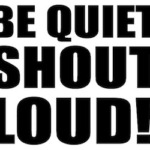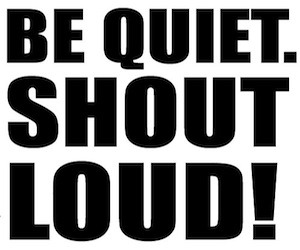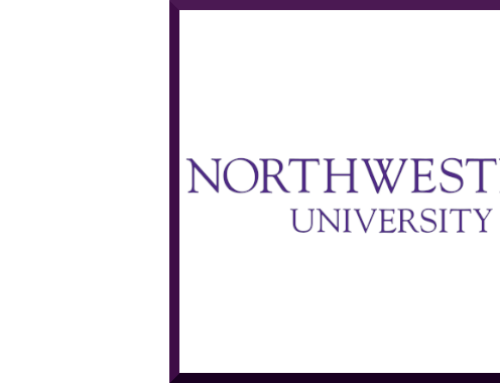
No sooner had Cardinal Jorge Mario Bergoglio been elected Pope Francis when the Los Angeles Times started reporting on his alleged “timidity” in fighting Argentina’s dictatorship during the Dirty War, 1976 to 1983. The newspaper also cited the rap that he was “too quiet” during this period. Similarly, the New York Times is saying that the pope is being accused of “knowing about abuses and failing to do enough to stop them.” What is particularly striking about today’s front-page story on this issue—the pope “faces his own entanglement with the Dirty War”—is that it took four journalists in four different nations to work on it.
Anyone who thinks these newspapers want a more vocal Catholic Church would be wrong: it totally depends on the issue.
For example, when Cardinal Timothy Dolan accepted the invitation to speak at the Republican National Convention (he also closed the Democratic National Convention with a prayer), the Los Angeles Times said he should not have accepted because “lending his presence” sent the wrong message; he should have allowed “a local and lower-profile cleric to do the honors.” Last year, right before the election, the same newspaper ran an editorial calling on the IRS to keep “politics out of the pulpit,” specifically citing as objectionable those bishops who spoke out against the Health and Human Services (HHS) mandate. Last year, the New York Times branded the Catholic response to the mandate “a dramatic stunt, full of indignation but built on air.” A month before the election, it accused leaders of the Catholic Church of “making inflammatory allegations” about the HHS edict.
So what do the Los Angeles Times and the New York Times want? They want the bishops to check in with them so they can decide whether the the Catholic Church should speak out or shut up. Fat chance.







